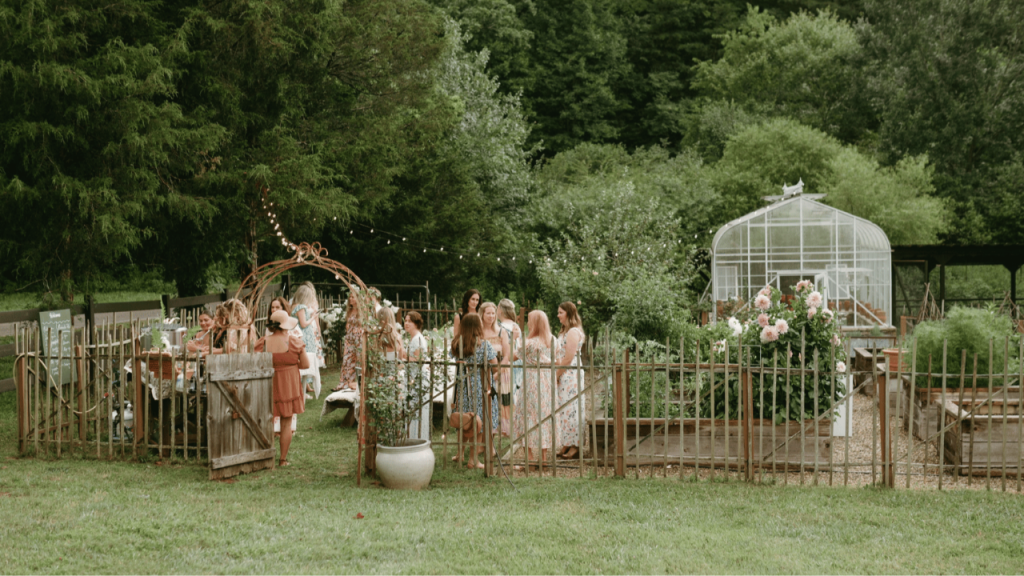Natural pest control is a method of pest management that utilizes the natural relationships between plants and insects to control pests in a garden. Companion planting is one of the best ways to achieve natural pest control, as certain plants have natural insect-repellent properties that can help keep harmful pests at bay. By choosing the right companion plants, you can create a diverse and balanced ecosystem in your garden that helps keep pests in check without the need for harmful chemicals.
There are many plants that can be used as companion plants for natural pest control, but some are more effective than others. In this article, we will discuss some of the best companion plants for natural pest control and how you can use them in your garden to keep pests under control.
1. Marigolds
Marigolds are one of the most popular companion plants for natural pest control, as they have strong insect-repellent properties that can help keep a wide range of pests at bay. Planting marigolds around your garden can help deter pests such as aphids, whiteflies, and nematodes, which can cause damage to your plants.
Marigolds are also easy to grow and come in a variety of colors and sizes, making them a versatile and attractive addition to any garden. To use marigolds as a companion plant for natural pest control, simply plant them around the perimeter of your garden or interplant them with your other vegetables and herbs.
2. Nasturtiums
Nasturtiums are another great companion plant for natural pest control, as they have a strong scent that can help repel pests such as aphids, whiteflies, and cabbage moths. Nasturtiums are also attractive and easy to grow, making them a popular choice for gardeners who want to create a diverse and colorful garden.
To use nasturtiums as a companion plant for natural pest control, plant them around the base of your plants or in between your vegetable rows. You can also use nasturtium leaves and flowers as a natural pesticide by crushing them and spraying them on your plants to help deter pests.
3. Lavender
Lavender is well known for its calming scent, but it also has strong insect-repellent properties that can help keep pests at bay. Planting lavender around your garden can help deter pests such as fleas, mosquitoes, and moths, as well as attract beneficial pollinators like bees and butterflies.
Lavender is a versatile plant that can be used in a variety of ways in your garden, from planting it in pots or containers to using it as a border around your garden beds. You can also harvest lavender flowers and use them to make natural pest repellents and sprays for your plants.
4. Basil
Basil is not only a delicious herb to use in your cooking, but it also has strong insect-repellent properties that can help keep pests away from your garden. Planting basil around your garden can help deter pests such as mosquitoes, flies, and aphids, as well as attract beneficial insects like ladybugs and lacewings.
Basil is easy to grow and comes in a variety of flavors, making it a versatile and attractive addition to any garden. To use basil as a companion plant for natural pest control, plant it near your vegetables and herbs or in pots and containers around your garden.
5. Chives
Chives are another great companion plant for natural pest control, as they have strong insect-repellent properties that can help keep pests like aphids, carrot rust flies, and Japanese beetles away from your garden. Chives are also easy to grow and can be used in a variety of dishes, making them a versatile and useful addition to any garden.
To use chives as a companion plant for natural pest control, plant them near your vegetable and herb beds or in pots and containers around your garden. You can also crush chive leaves and sprinkle them around your plants to help deter pests and keep your garden healthy and pest-free.
In conclusion, companion planting is a great way to achieve natural pest control in your garden without the need for harmful chemicals. By choosing the right companion plants and incorporating them into your garden design, you can create a diverse and balanced ecosystem that helps keep pests in check and promotes a healthy and thriving garden. Consider adding some of the best companion plants for natural pest control, such as marigolds, nasturtiums, lavender, basil, and chives, to your garden this season and enjoy a pest-free and beautiful garden all year round.

